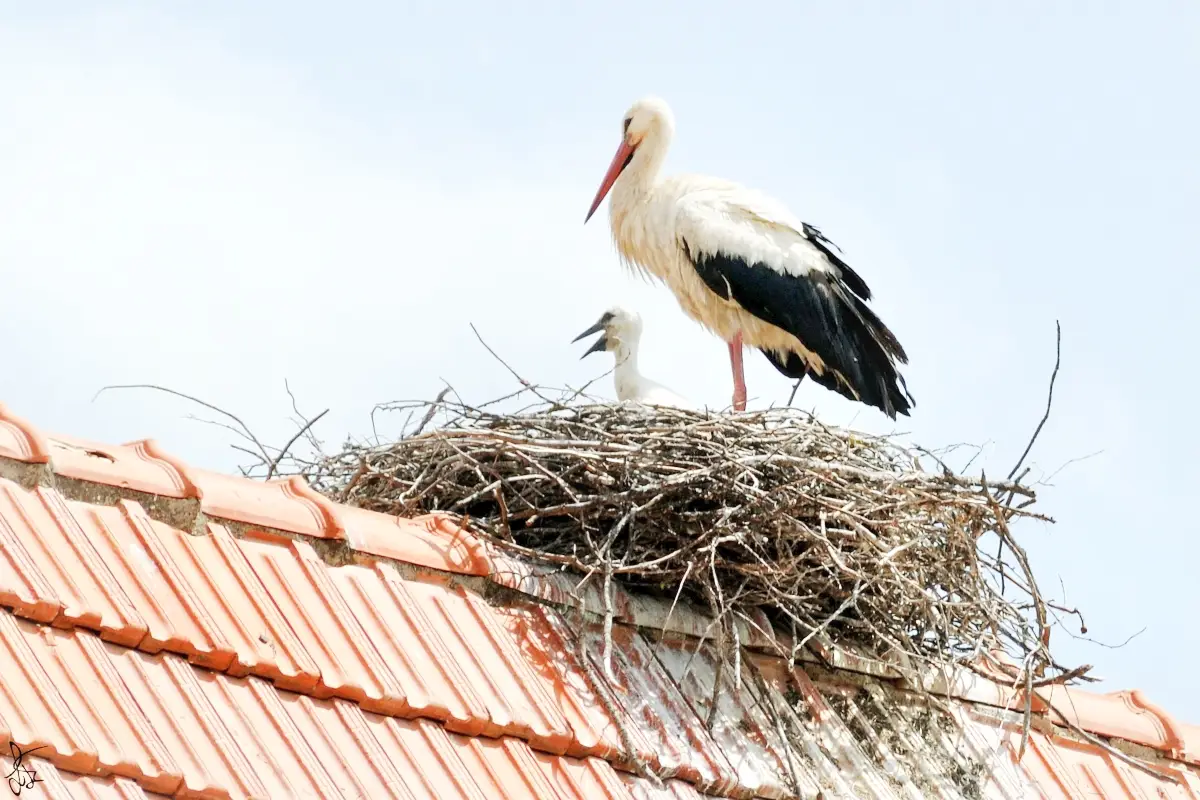
Efsa: avian flu at historic lows in Europe since 2019/2020
Cases are still decreasing but maximum surveillance is recommended for the next flu season

Europe has recorded the lowest number of highly pathogenic avian influenza (HPAI) cases in poultry and wild birds since 2019/2020 and the risk to the general population remains low. These are the main findings of the most recent report on avian influenza drawn up by the European Food Safety Authority (EFSA), the European Center for Disease Prevention and Control (ECDC) and the European Union Reference Laboratory, based on data reported between April and June 2024.
The improvement of the situation in Europe may be linked to several factors and requires further investigation but determining factors could include the immunity developed by wild birds following a previous infection, the reduction in the number of some wild bird populations, the decrease environmental contamination and variations in the composition of viral genotypes.
Experts noted that the Hpai virus continued to circulate among wild birds in Europe throughout the year, albeit in reduced numbers, and recommended strengthening surveillance ahead of the next flu season.
For the first time in many years, Australia has reported cases of HPAI. The different subtypes circulating in Australia have not so far been reported in the rest of the world.
Experts have noted an unexpected variety of mammal species affected by HPAI and different viral genotypes circulating among poultry, wild birds and mammals in North America. Direct transmission from cattle to cattle has not yet been confirmed. On the other hand, unexpectedly, raw cow's milk turned out to be a new transmission vehicle. Currently available evidence indicates that industrial pasteurization contributes significantly to the inactivation of HPAI in raw cow's milk.
EFA News - European Food Agency